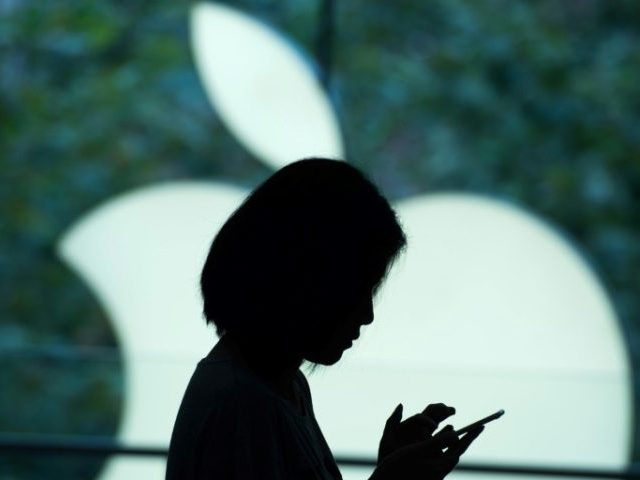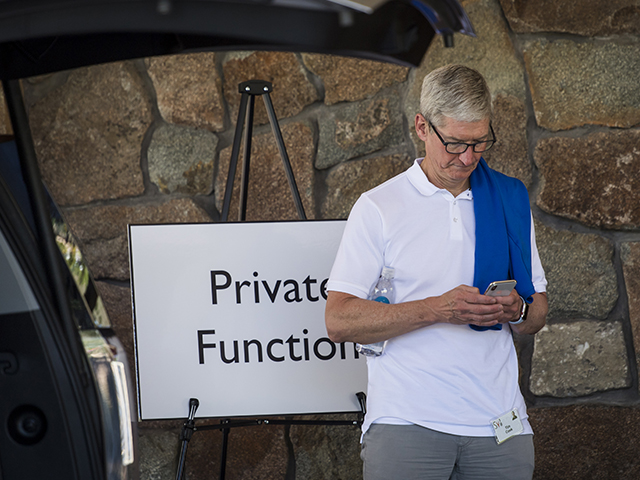In the ongoing patent infringement battle between Apple and Ericsson, Apple has responded to a court-ordered iPhone ban in Colombia by claiming that its human rights have been infringed.
9to5Mac reports that in an ongoing infringement battle between Apple and Ericsson, Apple has responded to the iPhone ban in Colombia by claiming that its human rights have been infringed. The company has requested emergency relief in Colombia just days after being warned by a U.S. judge not to abuse the Colombian court system by filing emergency requests for non-emergencies.
5G iPhones and iPads use patented technology owned by Ericsson, which Apple has been licensing for some time. However, Apple is unhappy with the amount it’s being charged for the license and has stopped paying. This means that currently, Apple is infringing on Ericsson’s patents and the company is now seeking to ban iPhones in a number of countries by filing injunctions against the import and sale of 5G iPhones and iPads.
Ericcson has succeeded in filing an injunction in Colombia and the court has ordered all iPhone sales in the country to be paused. Apple responded by filing an emergency motion in the Eastern District of Texas in an attempt to obtain damages from Ericsson for its losses in Colombia. The company also filed a number of counter-claims against Ericsson.
A Texas judge rejected Apple’s motion and criticized the company for misusing the emergency motion process for a non-emergency matter.
Foss Patents writes:
Judge Gilstrap doesn’t think it constitutes “imminent, irreparable harm” to Apple that it may–as a result of enforcement actions in other jurisdictions–have to sit down and negotiate a license with Ericsson. The Texas FRAND case will go to trial in December, and no later than September, Apple and Ericsson have to engage in formal mediation […]
There’s also a procedural issue. Apple should have brought a regular motion as opposed to an emergency motion. “Emergency motions are to be filed only in truly extenuating circumstances and should not be used as a means to secure an expedited briefing schedule and hearing before the Court,” Judge Gilstrap clarifies–and “finds that Apple has misused and misapplied the rules for emergency motion practice in this Court.”
The judge also said that if Apple attempted to do something similar again, he would consider penalties against the company. However, despite this warning, Apple has taken major steps to continue the legal fight in Colombia, alleging that its human rights are being abused.
Foss Patents writes:
Apple leaves no stone unturned in its efforts to get Ericsson’s Colombian iPhone/iPad injunction over a 5G standard-essential patent (SEP) lifted, and is now accusing Ericsson, its lawyers, and the court that ordered the injunction to violate basic human rights, invoking even Art. 8 of the famous Universal Declaration of Human Rights. I wonder what’s next–voting rights for iPhones?
Article 8 of the Universal Declaration of Human Rights states:
Everyone has the right to an effective remedy by the competent national tribunals for acts violating the fundamental rights granted him by the constitution or by law.
Breitbart News will continue to report on Apple and its legal maneuvers.
Read more at 9t05Mac here.
Lucas Nolan is a reporter for Breitbart News covering issues of free speech and online censorship. Follow him on Twitter @LucasNolan



COMMENTS
Please let us know if you're having issues with commenting.